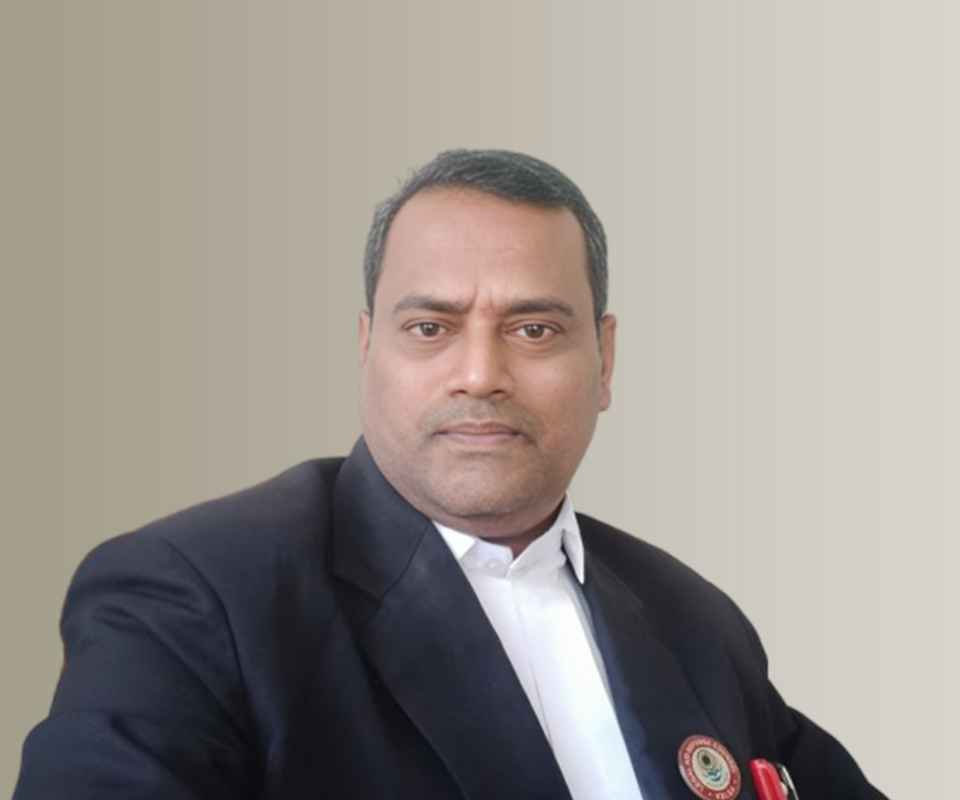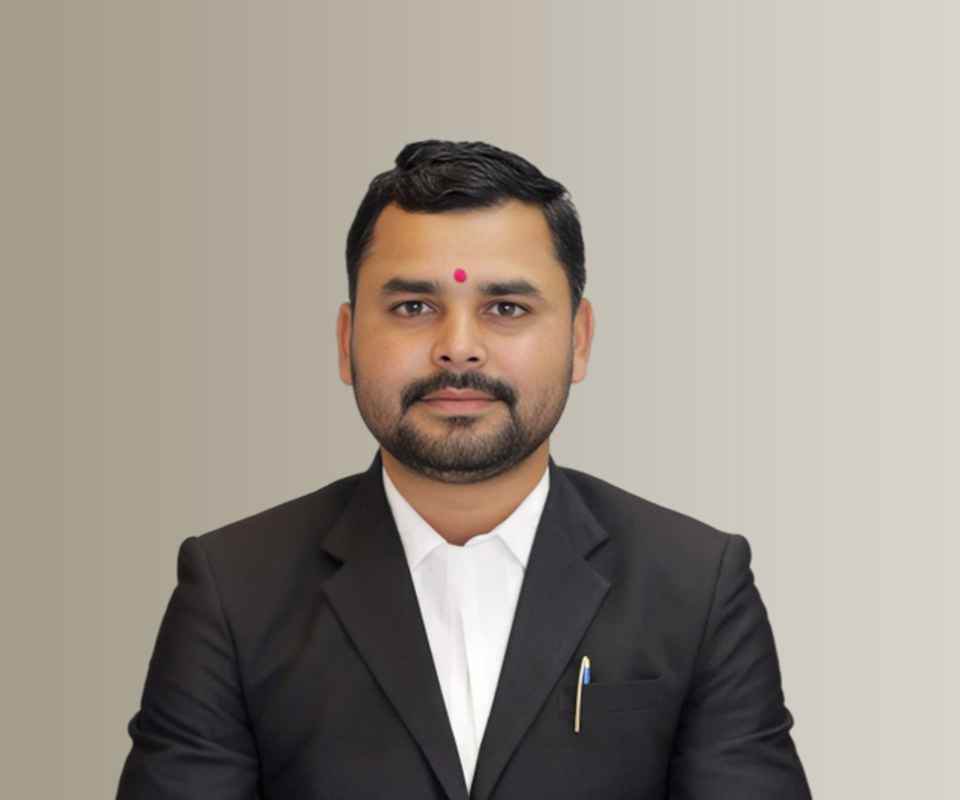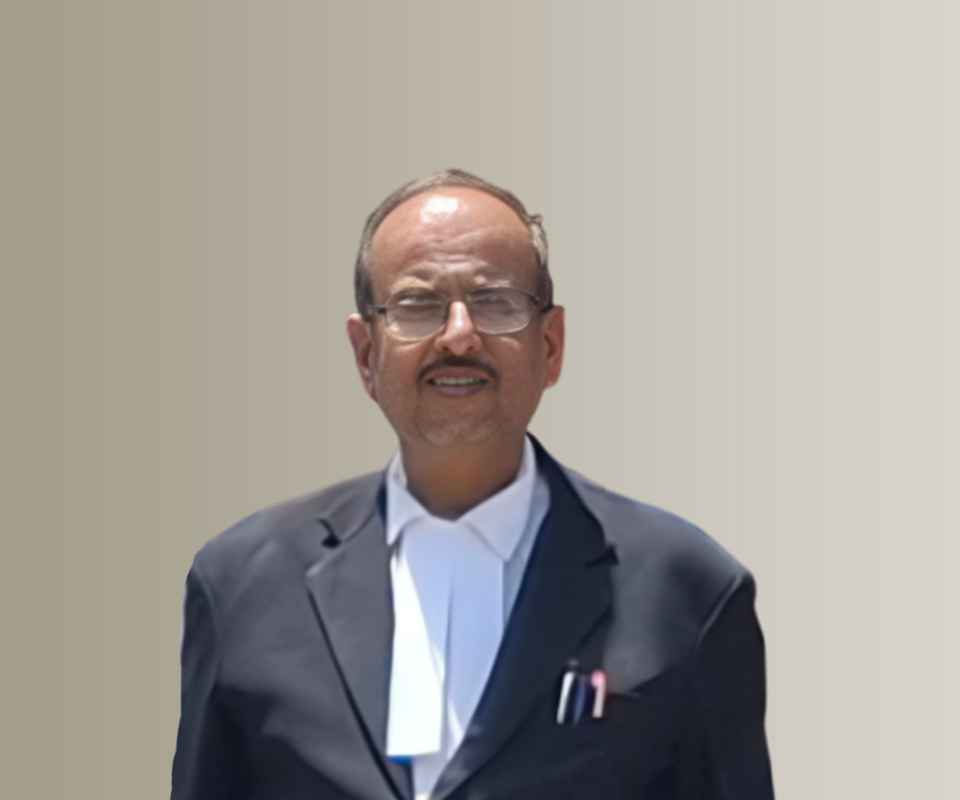Answer By law4u team
Bharatiya Nagarik Suraksha Sanhita, 2023 - Section 284: Summary trial by Magistrate of second class
The High Court may confer on any Magistrate invested with the powers of a Magistrate of the second class power to try summarily any offence which is punishable only with fine or with imprisonment for a term not exceeding six months with or without fine, and any abetment of or attempt to commit any such offence.
Brefe Detail
Section 284 of the Bharatiya Nagarik Suraksha Sanhita, 2023, allows the High Court to grant summary trial powers to Magistrates of the second class. This applies to offences punishable by fines or imprisonment not exceeding six months, including any attempts or abetments of such offences.
Question & Answers
Q1: What powers can the High Court confer on a Magistrate of the second class?
A1: The High Court can confer the power to try summarily any offence punishable only with fine or with imprisonment for a term not exceeding six months, with or without fine.
Q2: Are attempts to commit offences included in this section?
A2: Yes, any abetment of or attempt to commit offences punishable under this section is included.
Q3: What is the maximum term of imprisonment for offences tried summarily by a Magistrate of the second class?
A3: The maximum term of imprisonment for such offences is six months.
Q4: Can fines be imposed along with imprisonment under this section?
A4: Yes, the offences can be punishable with fines or imprisonment, or both.
Q5: Who has the authority to grant these powers to the Magistrates?
A5: The High Court has the authority to confer these powers on the Magistrates of the second class.
Example
1. Example of a Summary Trial: If a person is charged with a minor offence such as public nuisance, which carries a fine or a six-month imprisonment term, the High Court may empower a Magistrate of the second class to conduct a summary trial for that offence.
Summary
Section 284 provides a framework for summary trials by second-class Magistrates, allowing for efficient handling of minor offences with specified punishments, enhancing judicial expediency.







